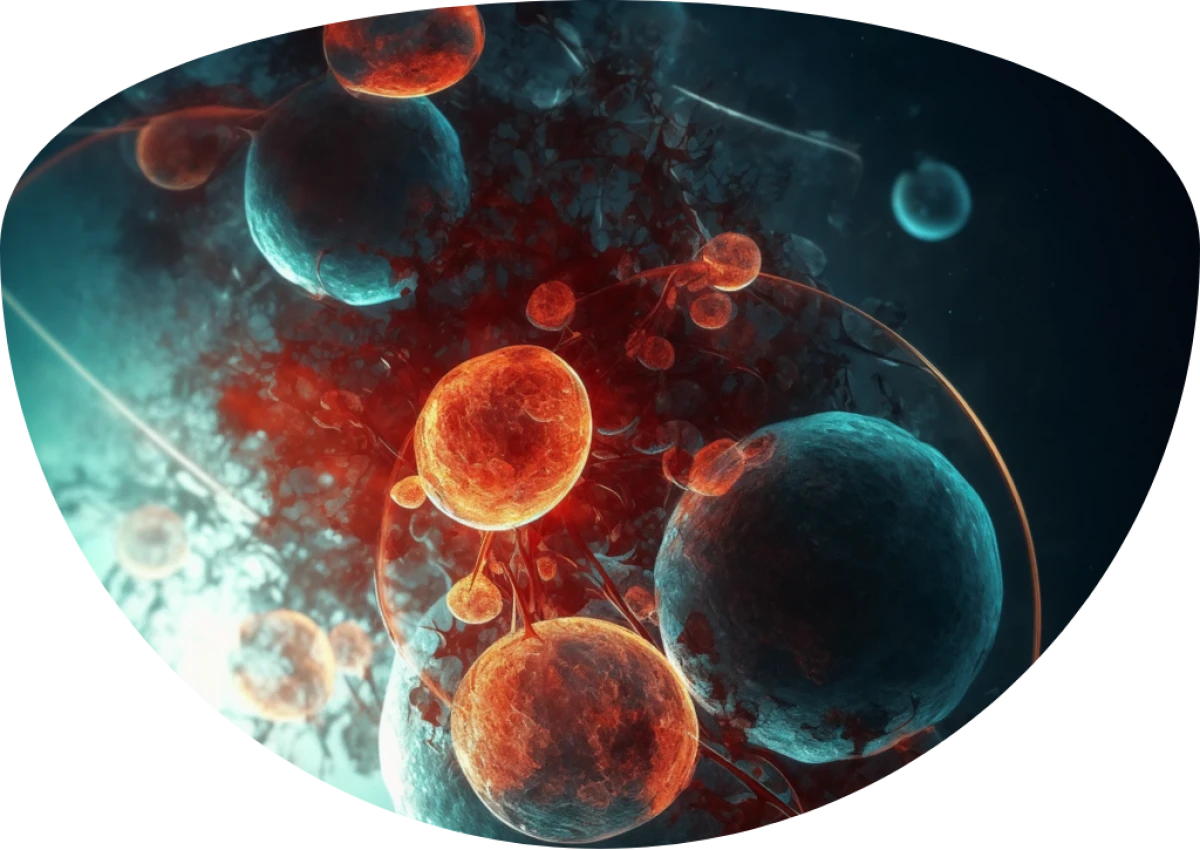
SILK BIOMED, S.L, Spain
-
Prof. Gustavo V. GuineaBS Civil Eng (Hons), MS Physics (Hons), PhD Civil Eng (Hons). Biomaterial scientist with over 20 years experience in the development and application of tailored silk fibroin-based biomaterials for tissue regeneration and drug delivery systems. Director of the Center for Biomedical Technology and Professor of Materials Science at Polytechnic University of Madrid. Director of the Biometerials and Regenerative Medicine in Neuroscience Research Group at San Carlos Clinical Hospital, Madrid.
-
Dr. Nahla JemniExpert in Neuroscience and Neurophysiology of the Central Nervous System, holding a PhD in Biomedical Research. With a keen focus on the visual system, she has amassed over 8 years of experience in the field. Her groundbreaking work includes pioneering biohybrid retinas, reconstructing neuronal tracts using innovative biofunctionalized scaffolds, and developing novel brain repair therapies based on silk fibroin and stem cells. In recognition of her exceptional contributions, Dr. Jemni-Damer was awarded the first postdoctoral prize of the 2022 Cajal Research Grants.

UNIVERSIDAD COMPLUTENSE DE MADRID, Spain
-
Prof. Fivos PanetsosBS Appl Mathematics, Spec Artificial Intelligence, PhD Biology (Hons), PhD Medicine (Hons). Over 20 years experience in AI applications, brain-computer interfaces, brain pasticity and neuroregeneration and neurorepair strategies. Founder of several high-tech companies. Professor and Director of the Neurocomputing and Neurorobotics Research Group at Complutense University of Madrid.

UNIVERSITAET LEIPZIG (ULEI), Germany
Role: In silico studies of GEB ecosystems and computer-aided design of anti-VEGF peptides and proteins.
The team at Leipzig University is led by Prof. Jens Meiler, Humboldt Professor and head of the Institute for Drug Discovery, and by Dr. Georg Künze, research group leader for Computational Structural Biology at the Institute for Drug Discovery. Their team provides expertise in molecular modeling and protein design and is responsible for the computational engineering of peptides and proteins with an VEGF-inhibiting function. The Institute for Drug Discovery is internationally recognized as a center for the development of innovative computational approaches for therapeutics design.
-
Georg Kuenze

FRAUNHOFER GESELLSCHAFT ZUR FORDERUNG DER ANGEWANDTEN FORSCHUNG EV, Germany
Role: In silico studies for GEB Ecosystems
The Fraunhofer Institute for Cell Therapy and Immunology IZI is dedicated to translating biomedical research into clinical applications. It carries out research in collaboration with companies, hospitals, laboratories and research institutes in the fields of biotechnology, pharmaceuticals and medical technology. The institute develops, optimises and validates methods, materials and products in the fields of cell and gene therapy, drugs and vaccines, molecular diagnostics and immunodiagnostics as well as extracorporeal therapies. The institute´s expertise includes cell biology, immunology, drug biochemistry, bioanalytics and bioproduction as well as process development and automation. The Fraunhofer IZI works closely with hospitals, carries out quality tests and supports partners in the development of manufacturing processes for medical products. The aim is to develop innovative solutions at the interface of medicine, life sciences and engineering and thus facilitate the transfer of research results into clinical practice.
-
Stefan KalkhofThe Fraunhofer-Gesellschaft, based in Germany, is the world’s leading applied research organization. By prioritizing key technologies for the future and commercializing its findings in business and industry, it plays a major role in the innovation process. A trailblazer and trendsetter in innovative developments and research excellence, it is helping shape our society and our future. Founded in 1949, the Fraunhofer-Gesellschaft currently operates 76 institutes and research units throughout Germany.

UNIVERSITY OF NORTHUMBRIA AT NEWCASTLE (UNN), United Kingdom
Role: Design and production of recombinant bacteria.
Northumbria University, located in the vibrant city of Newcastle upon Tyne, is recognized as a research-intensive institution with a strong emphasis on interdisciplinary research. The university fosters a dynamic research environment where scholars from various disciplines collaborate to address complex, real-world problems. This interdisciplinary approach allows for innovative solutions and advances in knowledge that transcend traditional subject boundaries. Northumbria University is known for its impactful research, which has gained international recognition across various fields. It maintains strong partnerships with industry, government, and other academic institutions worldwide, enhancing the reach and application of its research outcomes. By prioritizing interdisciplinary collaboration, Northumbria University continues to be at the forefront of addressing the challenges of the 21st century, making significant contributions to knowledge, society, and policy.
-
Meng ZhangMen Zhang is a professor in Microbial Biotechnology. She is a founding member of the Hub for Biotechnology in the Built Environment (HBBE) and leads the biology aspect in the Living Construction group. Furthermore, she co-leads the Microbial Biotechnology group, one of the peaks of excellence in Northumbria University. Her strong background in Biocatalysis and Industrial Biotechnology has recently shifted towards sustainable biofabrication. This new direction uses microbial cell growth as a manufacturing process to create functional biomaterials. Her team is particularly focused on engineered living materials (ELMs), aiming to explore their applications across various contexts, including the biomedicine, textile and construction industries.

ALIEN TT ITALY S.R.L., Italy
Role: Dissemination, Technology transfer
Alien, specialized firm in project consulting, management, and fundraising, will spearhead the consortium's communication endeavours. Their role encompasses establishing the project's official website, crafting compelling short videos to highlight innovation impacts, orchestrating social media engagement and press releases, coordinating participation in top-level conferences and workshops, and providing comprehensive reporting on communication outcomes to the EIC.
-
Laetitia GonzalezResearch management and scientific communication to the ISOS project. With a PhD in Sciences and a focus on the safety evaluation of nanomaterials, she has contributed to several EU research initiatives and specializes in translating complex scientific innovations into impactful solutions. She leads the development of communication tools, ensuring clear dissemination of ISOS’s groundbreaking advances aimed at revolutionizing chronic disease treatment through personalized, biosafe therapeutic technologies.

INDEEP ARTIFICIAL INTELLIGENCE SL
-
Dr. Gabriele PiergiovanniManagement research-based projects, including collaborations on previous Pathfinder initiatives. With a PhD in Life Sciences and a passion for technology, he excels in venture building, business analysis, and grant management. Gabriele’s expertise spans European and American funding schemes, the go-to-market process for innovation, and deep-tech startups in sectors such as healthcare and AI. A skilled communicator and team player, Gabriele ensures the effective management and exploitation of knowledge within the ISOS project.
